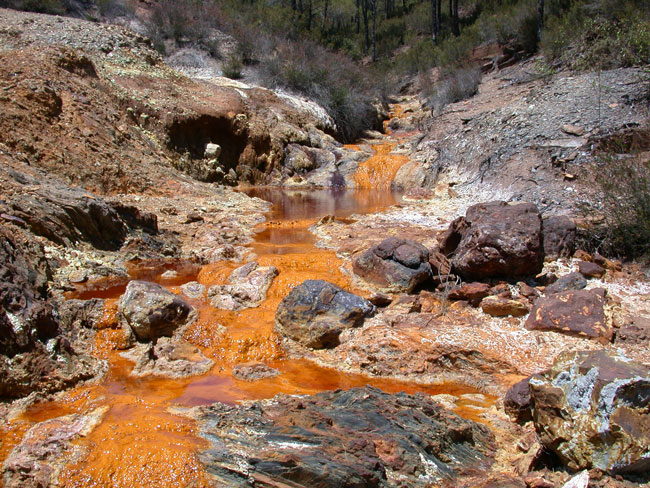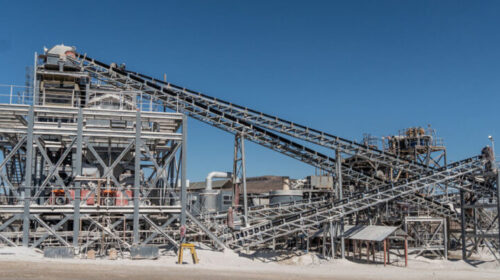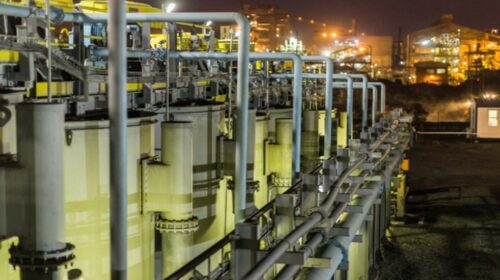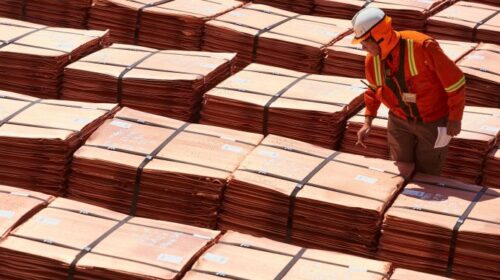Scientists propose framework to mitigate mining’s impact on climate change
A new framework that will allow mining companies to better monitor, gather and assess emissions data, as well as to identify measurement gaps and evaluate and apply mitigation strategies, is expected to help reduce the industry’s impact on climate change.
Developed by researchers at the University of Queensland and presented in a paper in Nature Geoscience, the guidelines address climate change-related issues by accounting for sources and sinks of greenhouse gas emissions and proposing mitigation pathways.
THE RESEARCHERS ESTIMATED THAT GREENHOUSE GAS EMISSIONS ASSOCIATED WITH PRIMARY MINERAL AND METAL PRODUCTION WERE EQUIVALENT TO APPROXIMATELY 10% OF THE TOTAL GLOBAL ENERGY-RELATED GREENHOUSE GAS EMISSIONS IN 2018
“Rising standards of living have led to an increase in the demand for mining activities to provide the minerals and metals required by many technologies,” Mehdi Azadi, lead author of the study, said in a media statement.
“While the mining sector contributes to global emissions, it is also increasingly affected by climate change. Our framework examines the sources of GHG emissions across the mining supply chain – from mining, ore processing, transportation, to waste management – and identifies ways to improve mitigation strategies.”
According to Azadi, fugitive emissions reduction, resource efficiency, energy usage, and biological solutions are the four major pathways for GHG mitigation in mining.
“The industry needs accurate data to reduce its carbon footprint and improve risk management,” the expert said. “[The proposed] pathways will allow policymakers and miners to create flexible plans for addressing GHG emissions by taking into account operational requirements and external factors. The framework is flexible enough to be tailored to a specific commodity, mining operation, climate or country.”
In the researcher’s view and that of his colleagues, carbon accounting of mining is becoming urgent now because minerals for clean energy infrastructure are being widely explored.
“Understanding the full carbon budget of extraction is important in considering a range of potential supply sources and processing technologies,” Saleem H. Ali, co-author of the study, said.
source: mining.com





